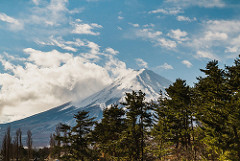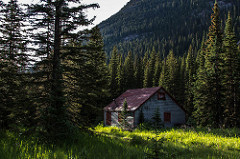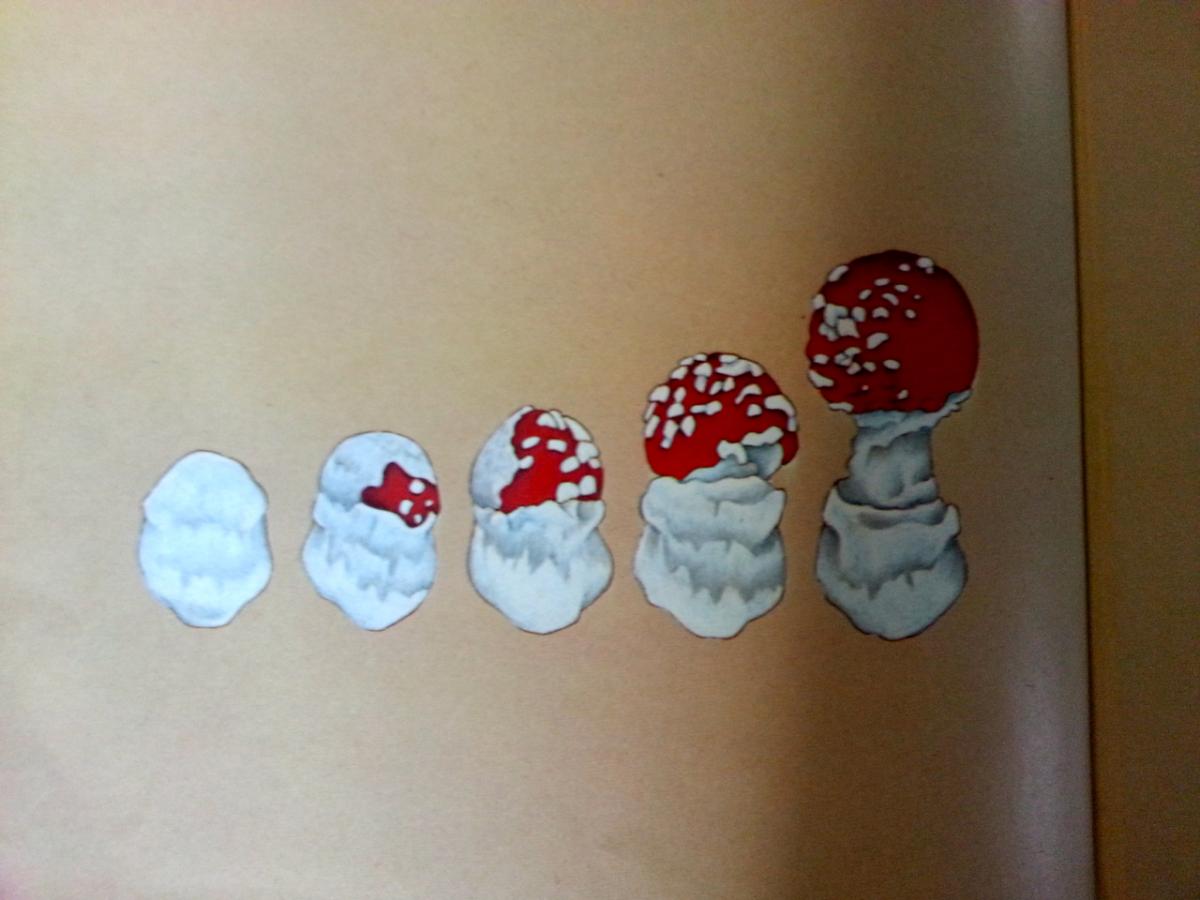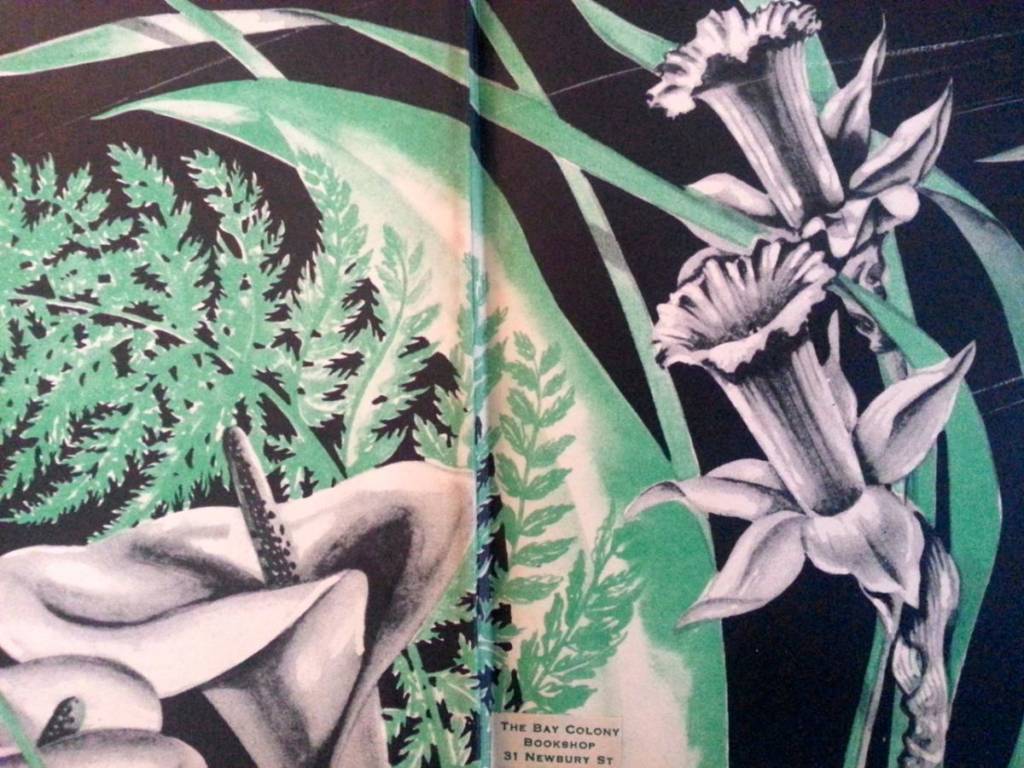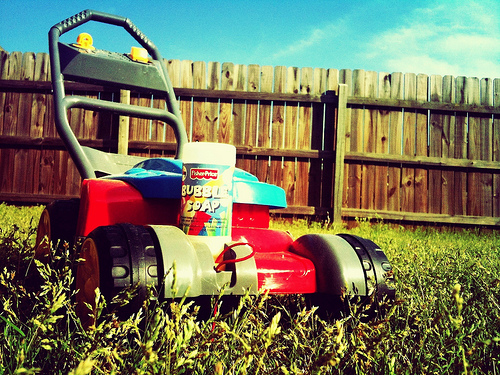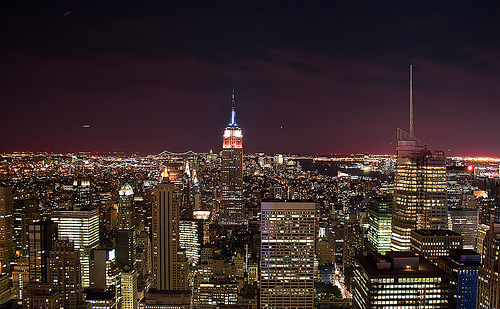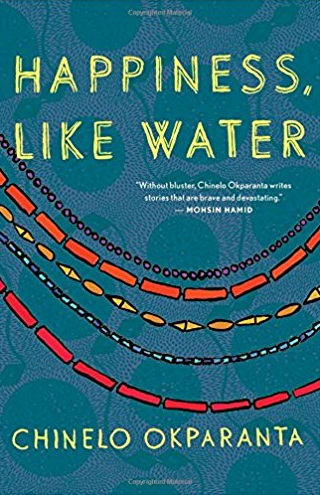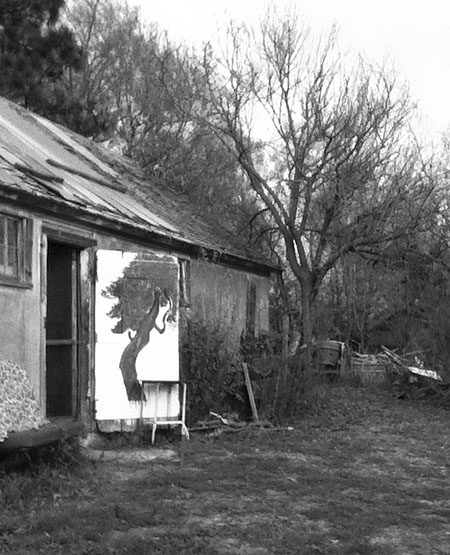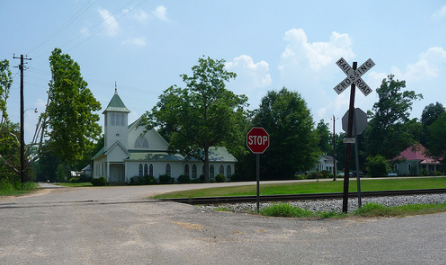The mind swings inward on itself in fear
Swayed towards nausea from each normal sign.
—derek walcott, “A Lesson for This Sunday”
On a lake, in the woods, in 1940, my grandparents built a cabin. One room, big stone fireplace, outdoor privy. They lived and worked outside New York City and spent summers in Maine, my grandmother often here alone with three young kids but no electricity, plumbing, or heat except the wood-burning fire. Surrounded by one hundred acres of no one. Up the road, there were neighbors: the Garnetts and the Hibberts—and the Savages, who lived up to their name, my grandmother used to tell me. They ate with their hands off the table’s pine boards. Mrs. Hibbert shielded her children from the Savage boys when they came around, sometimes en route to my grandparents’ place for supplies—whatever was lying around unprotected.

